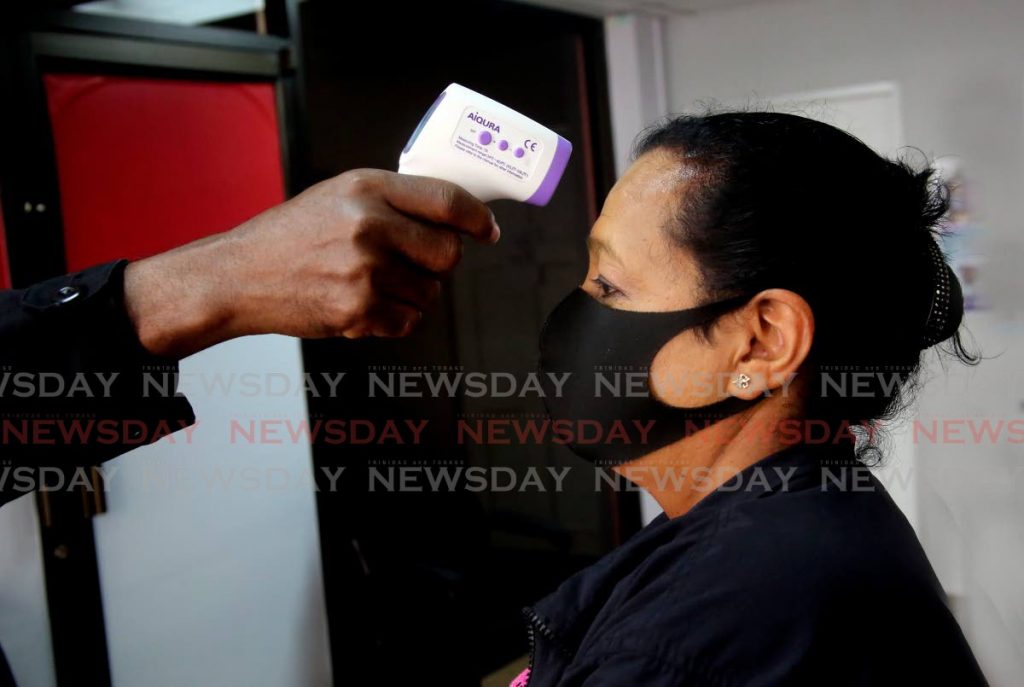Why employers, employees must be on the same page as businesses reopen

LISA-ANN JOSEPH
As the pace of reopening from the covid19 shutdown quickens in TT, businesses of every kind should be in the process of finalising their reopening strategies. For those who have not given it sufficient thought, communication among all the groups which create a successful economic and social unit must become an indispensable part of reopening.
A well-planned and implemented communications programme for a safe and successful reopening will avoid clamour and non-productive contention.
For a start, leaders of the reopening process will need to create clear and frequent messaging about new interactions at the workplace. Already, several organisations and employers have adopted the position that only employees, inclusive of workers and managers, who have not been vaccinated will not be allowed on to the compound of the business.
If the leaders of an organisation have come to that conclusion, then the details of it must be clearly and effectively communicated. Accompanying such communication must be the rationale for adopting that approach, ie, to prevent any possibility of a wild spread of covid19 and its variants among employees and customers.
Moreover, it should be reassuring to everyone in the workplace that the government and other administrations around the world have already adopted the policy that only vaccinated workers will be allowed to return to work. This policy has been adopted with the advice of international, regional and local health experts.
What is more, communication must be done before employees and customers reach the front door. It will be pure embarrassment for both employers and employees to have a fight over this matter there.
Management must also decide whether it will allow employees who are not open to taking the vaccine to work from home. Such a decision must, of course, be based on whether remote work will not disrupt business and contribute to the operations of the company.
So too should the business establishment have a clear-cut policy on the conditions under which people – employees, customers, suppliers – will be allowed to enter the business and be consistent in applying those policies.
If the standard is for people must be vaccinated, wear masks, sanitise their hands, and keep their distance from others, then those protocols should apply to all. Most important, those standards should be communicated to everyone and on different platforms.
Therefore, the company must also develop ways to communicate to customers. Whether the communication occurs in signage or by having someone at the door to communicate with customers on the requirements, the need is to spread word of the policies that have been put in place to protect all of the stakeholders in the business enterprise.
It may not strike some employers that they too have to adopt all of the protocols they ask of their employees. As I write, it is very encouraging that Planning and Development Minister Camille Robinson-Regis has met with employers and trade-union representatives to develop policies on vaccination and wearing protective masks in the workplace.
Whatever is decided, thereafter, it must be fully and effectively communicated in offices and business places.

Now let me make it clear that this kind of full communication requires interaction, agreement, disagreement, resolution and understanding. It may seem a humbug for employers to adopt a communications programme. However, the potential for disruptive costs down the road will be far higher.
Understandably too, employers and employees may want not to be faced with continuing episodes and processes of communication. But as we are being made aware, the pandemic is dynamic and changing all the time. This means initial communication processes will have to be ongoing for a period.
We suggest here a few tools and processes for communication surrounding the return to work by all. One, consider producing a simple introductory video to show employees how the company is working towards making all the necessary changes to guarantee their safety at work. Using a good smartphone can do the job.
Two, craft messages that will connect employees and management to keep them informed. Think of the issues they will be grappling with and ensure that they are captured in the communications process. Putting together a simple question-and-answer format communications tool can assist in driving understanding.
A communication strategy is critical to foster a new and enlightened environment and will make the difference between success and contentious failure.
Lisa-Ann Joseph is managing director of Reputation Management Caribbean, a public relations and crisis communications agency. Recently she launched a training division, Institute for Reputation Management. Any questions and comments, connect with her at Lisaann@rmcaribbean.net

Comments
"Why employers, employees must be on the same page as businesses reopen"